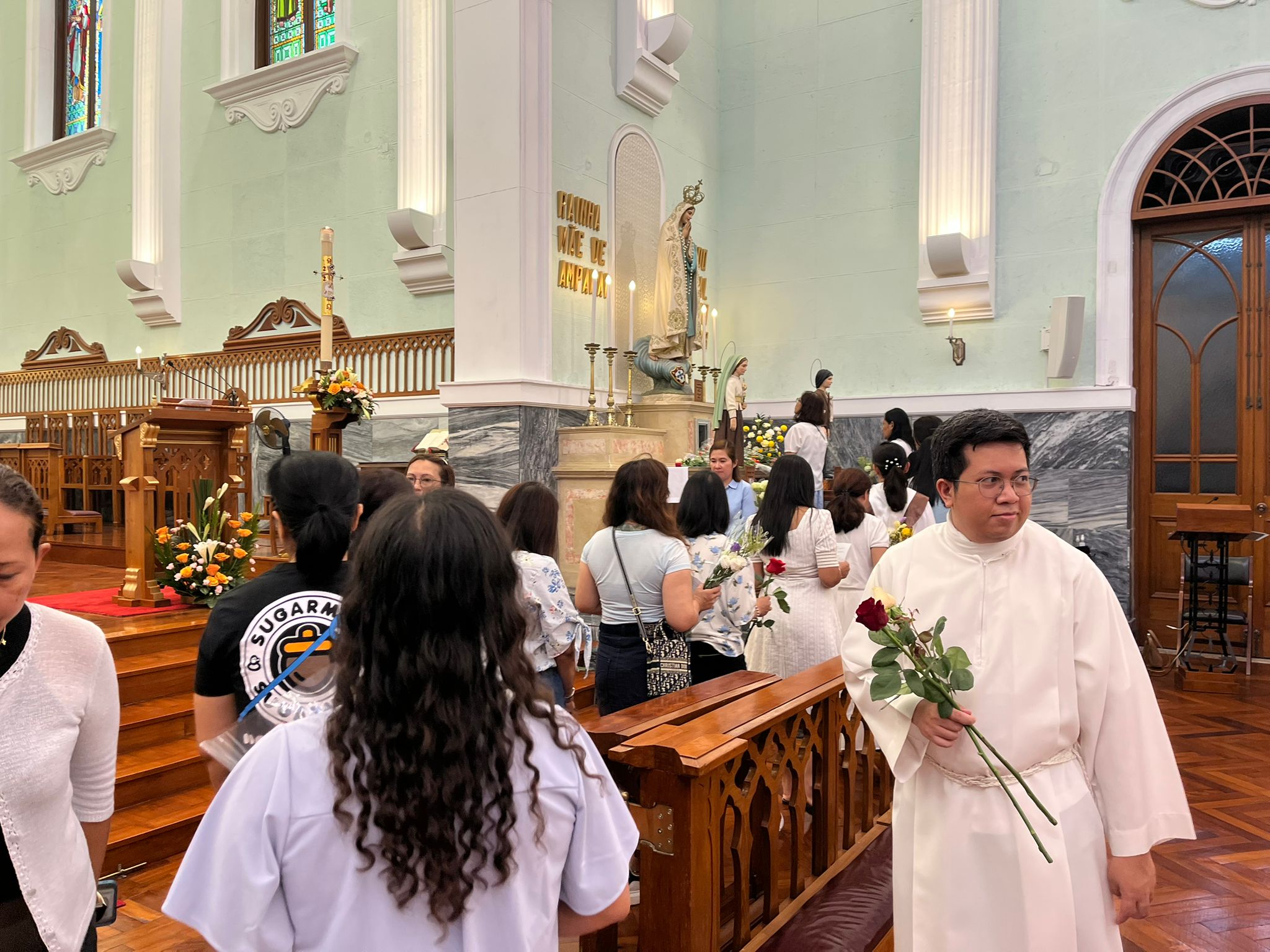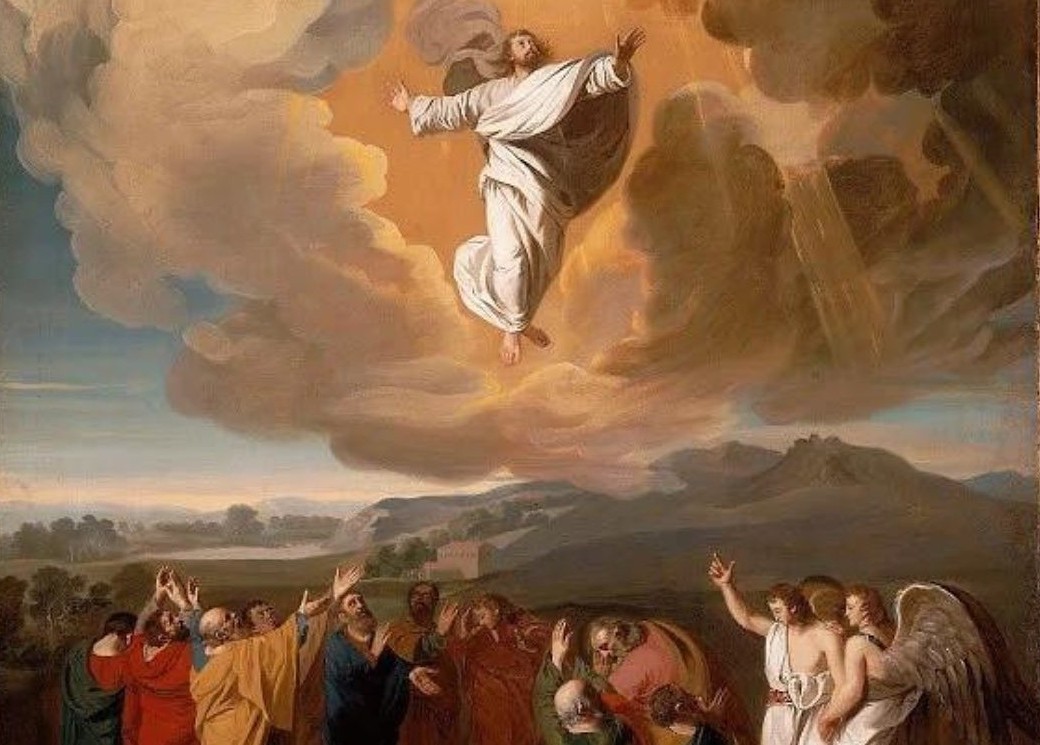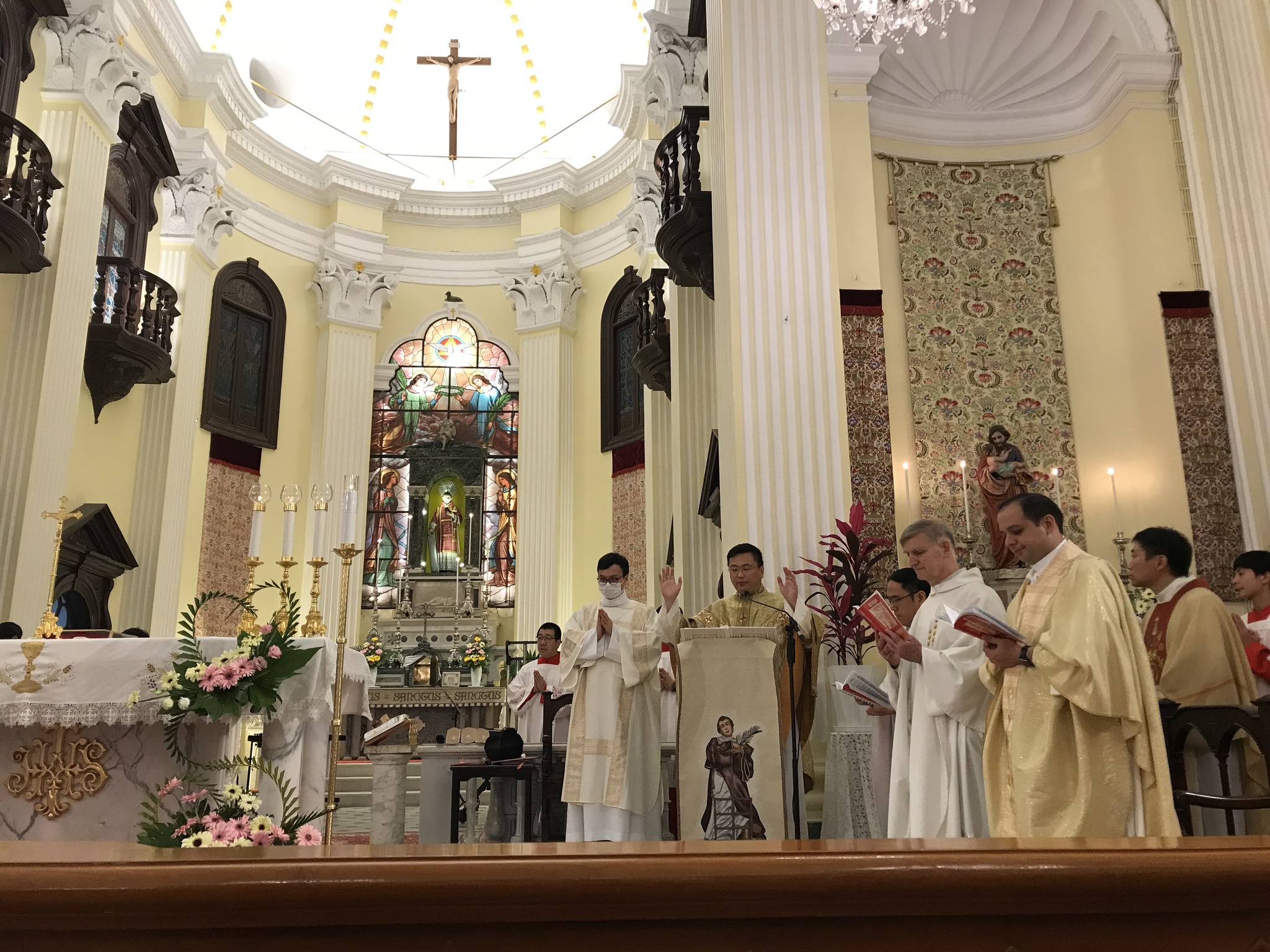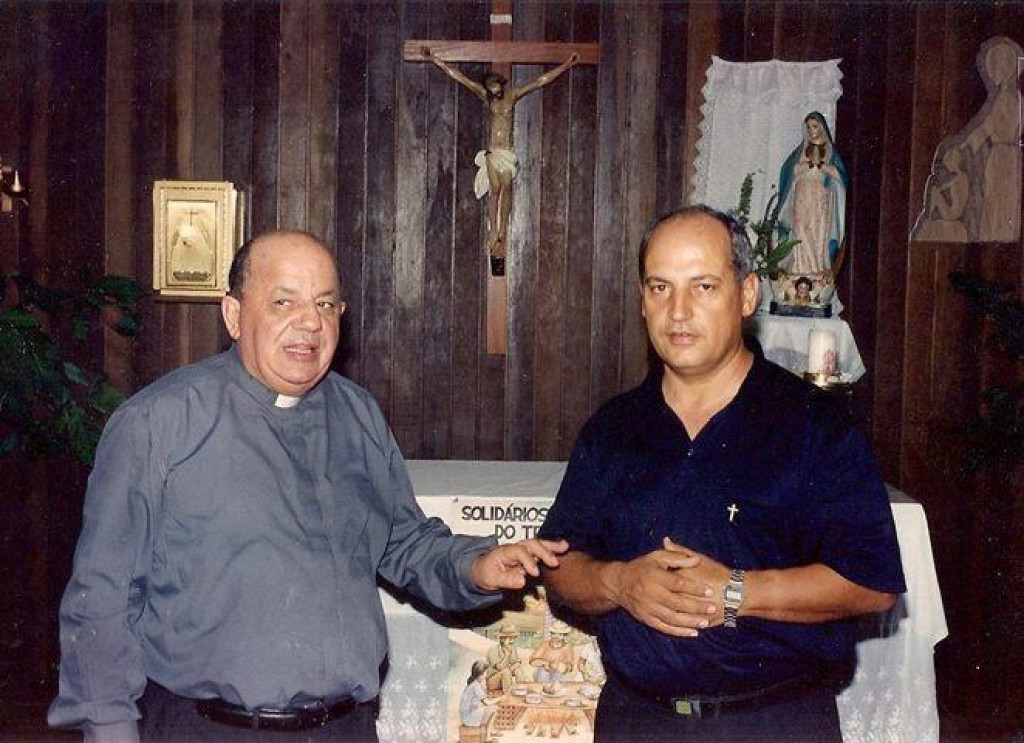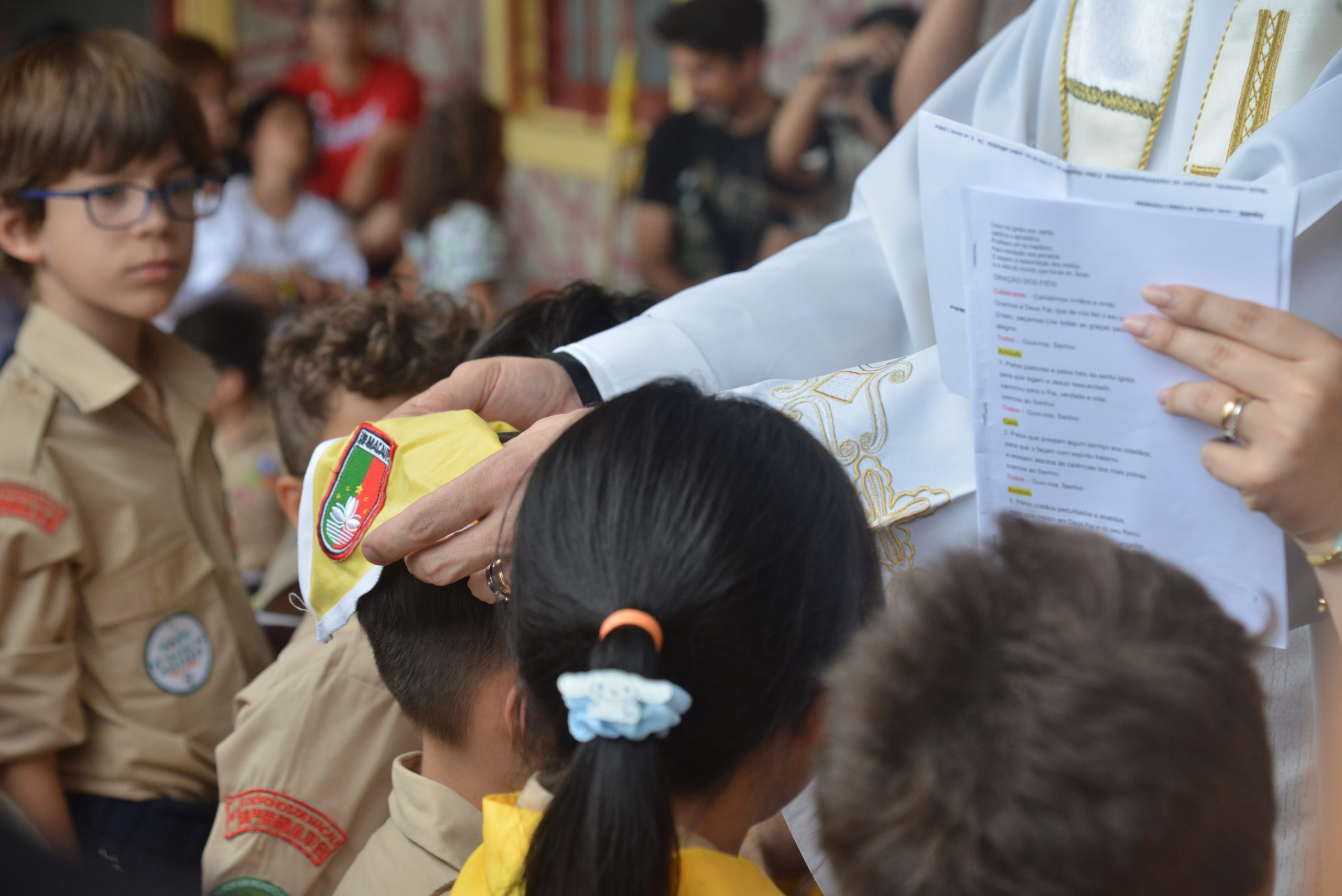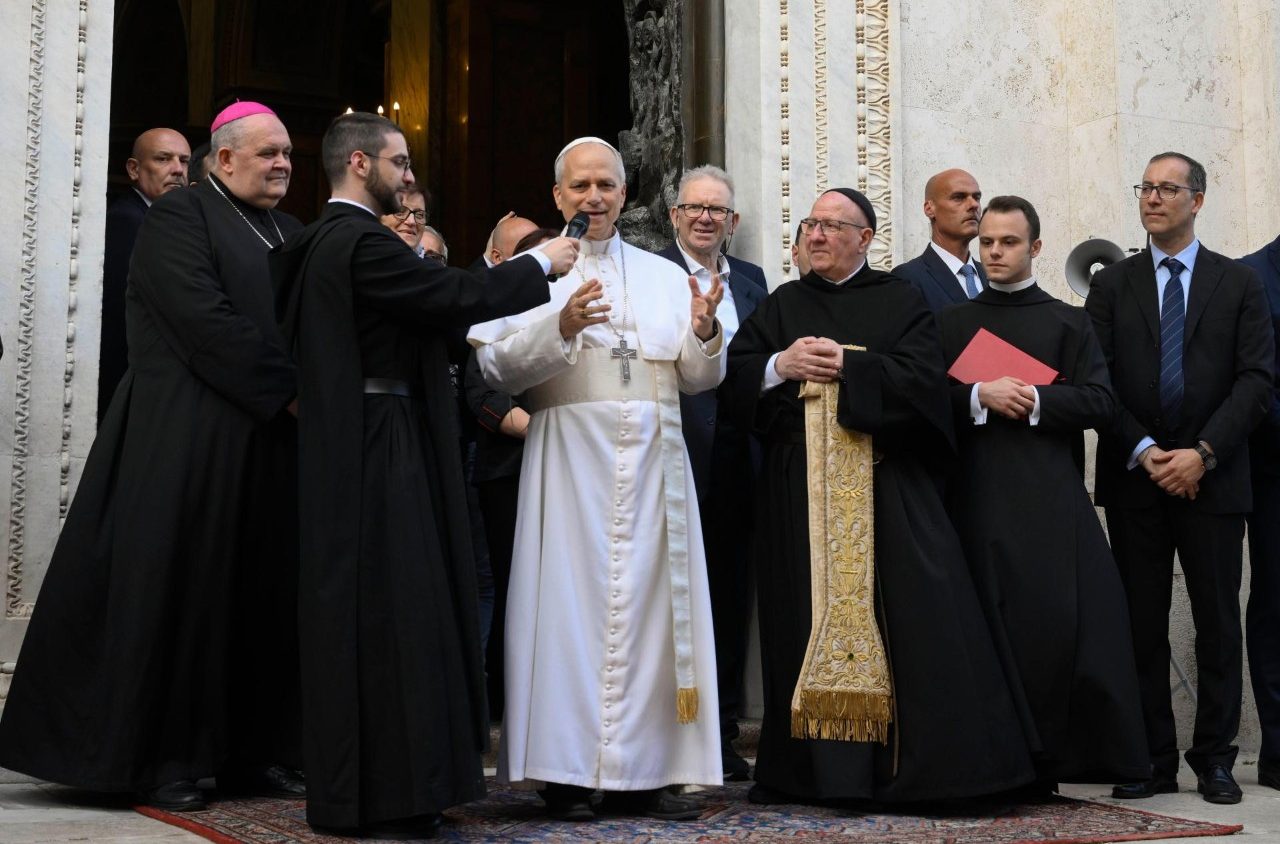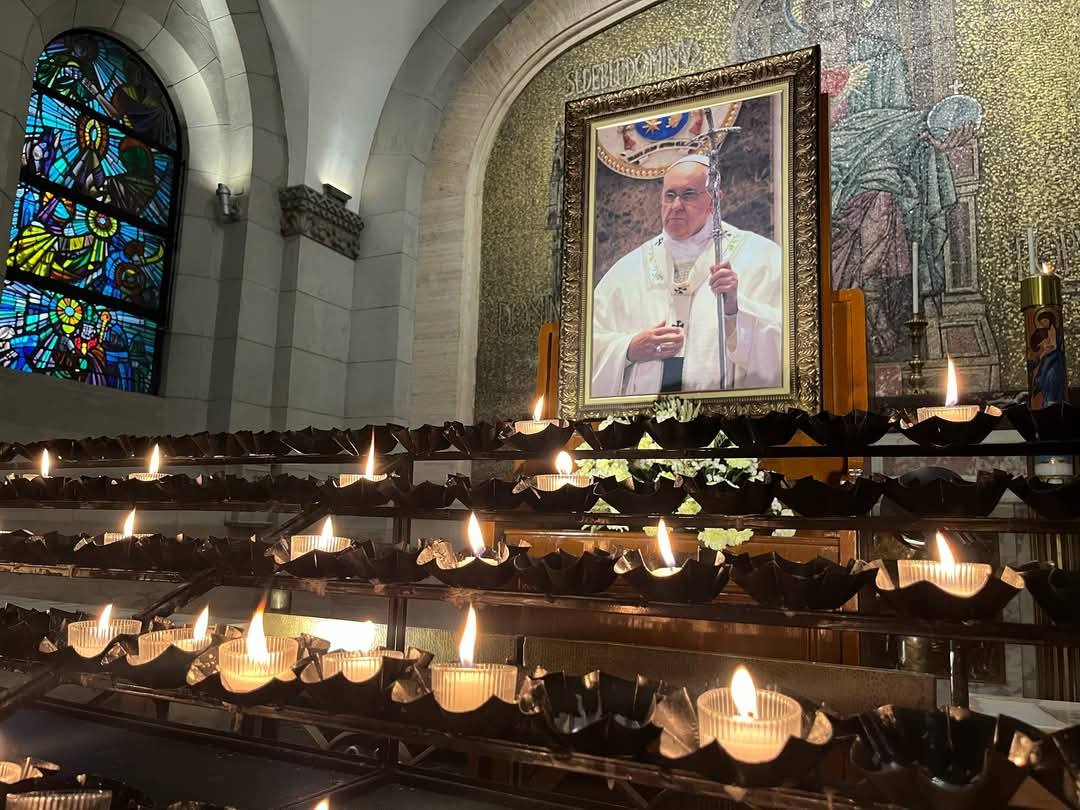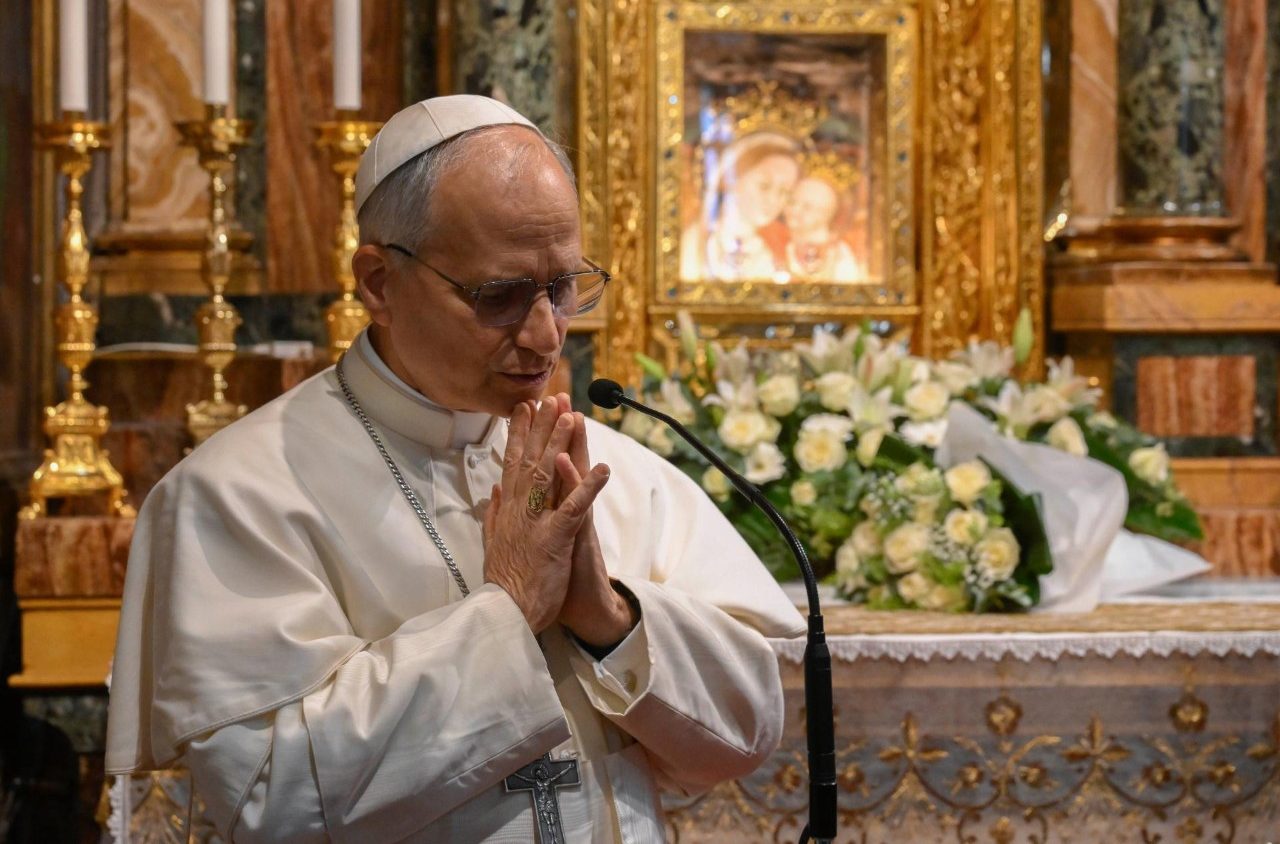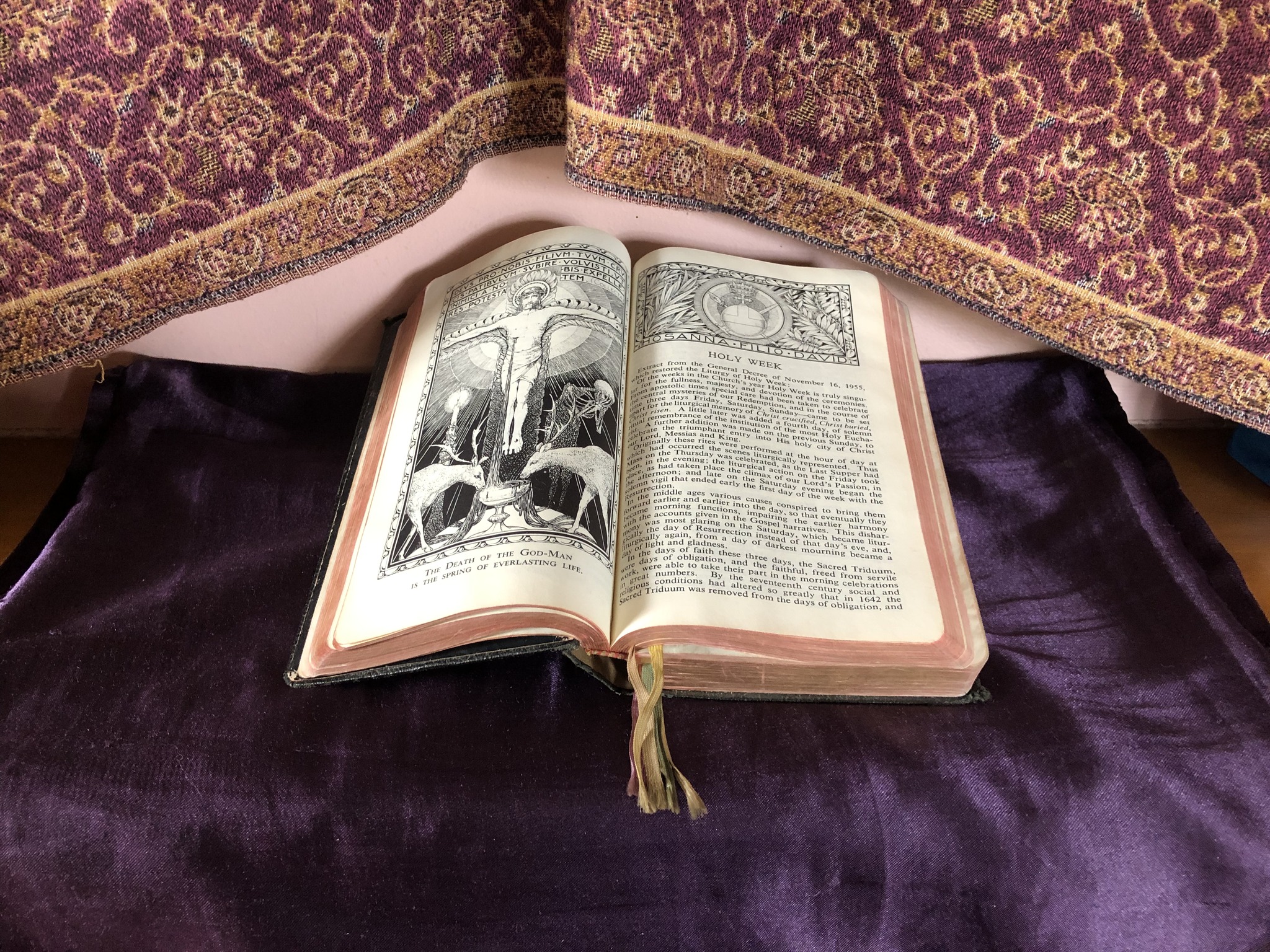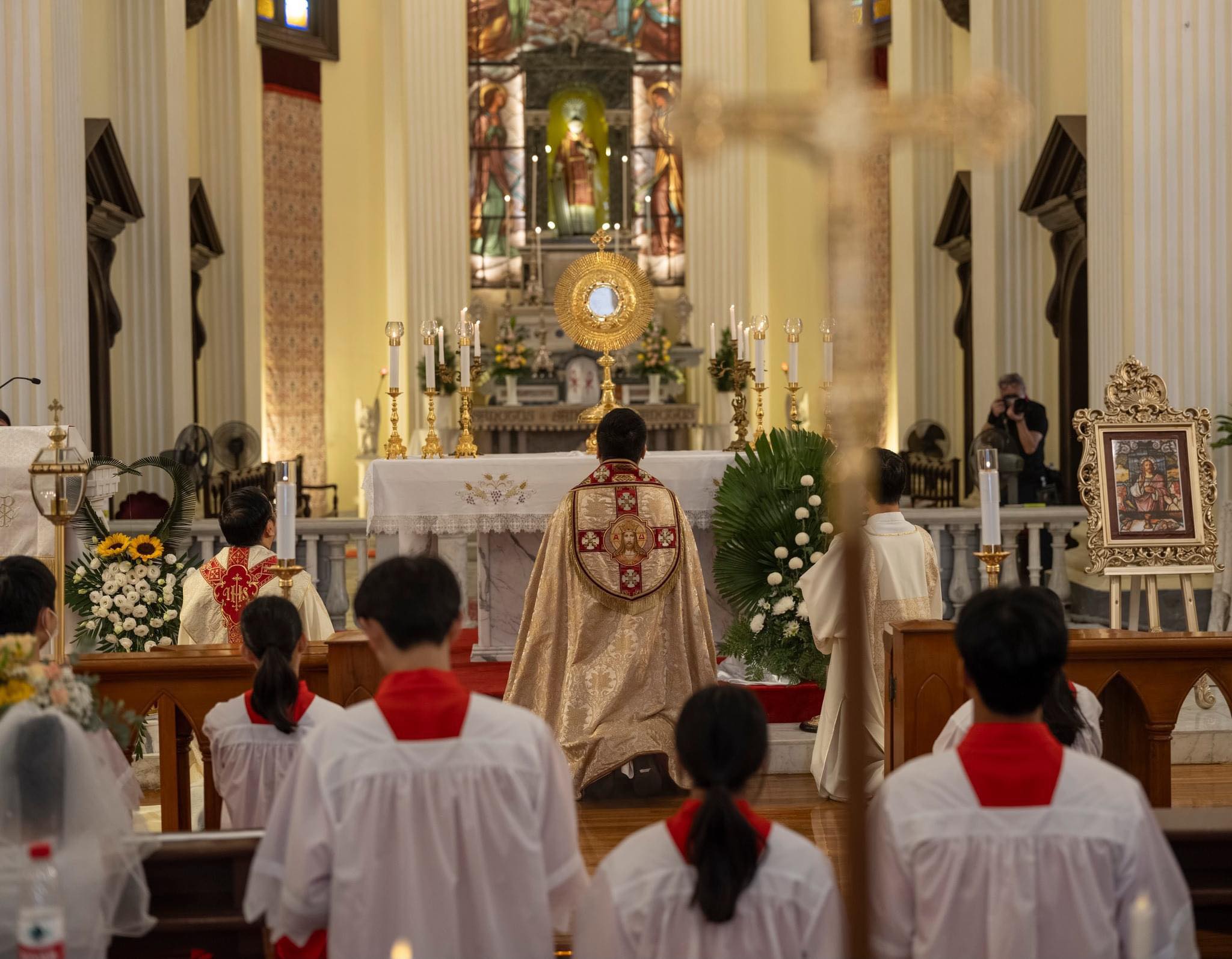After stepping out to the main balcony of Saint Peter’s Basilica as Pope Leo XIV, Cardinal Robert Francis Prevost identified himself not by nationality, but as being “a son of Saint Augustine, an Augustinian”. That sense of identity, Father Javier González claims, is more than symbolic and unquestionably influences the pope’s spiritual and theological outlook. The former Prior Provincial of the Dominican Province of Our Lady of the Rosary is confident that Pope Leo XIV will continue the legacy of his predecessor, albeit with a much more moderate style. The Spanish missionary – who as a Dominican follows the Rule of Saint Augustine – believes Pope Leo will strive to safeguard the Church’s prophetic value and her loyalty to the Gospel of Christ. Fidelity to the Gospel, Father González says, is the only limit the Holy Father will face.
